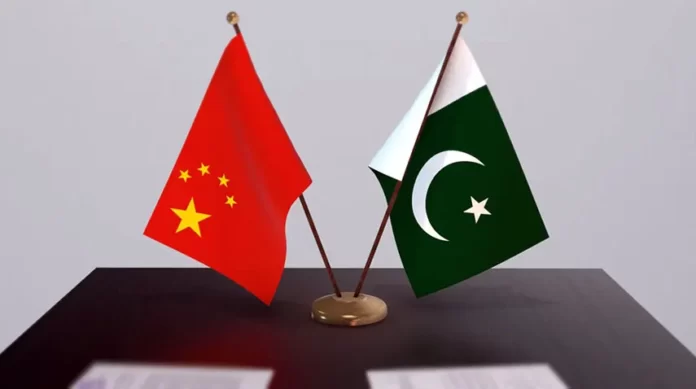Key Takeaways
- China and Pakistan have signed 11 agreements to enhance educational collaboration, focusing on agricultural innovation and vocational training.
- The China-Pakistan Conference aimed to integrate education with industry and support Pakistan’s development under CPEC Phase II.
- New projects include a training base for agriculture, a food safety inspection center, and partnerships with local universities to modernize education.
Strengthening Educational Ties
China and Pakistan have formalized 11 new agreements aimed at enhancing their educational collaboration, particularly in agricultural innovation, vocational training, and digital learning. These accords were established during the recent China-Pakistan Conference on Collaborative Innovation in Modern Agriculture and Industry-Education Integration, held in Shandong, China. The event gathered key institutions and policymakers from both nations, reflecting a mutual commitment to bridging education with industry, promoting skills-based learning, and supporting Pakistan’s development goals within the framework of CPEC Phase II.
A high-level delegation from Pakistan attended the ceremony, including officials like Science Counsellor Muhammad Khan, Secretary Nadir Chatta, and Vice Chancellor Prof. Dr Muhammad Kamran, alongside representatives from TEVTA and MNS University of Agriculture Multan. Both sides reiterated their commitment to transforming traditional education systems, with plans to introduce modern agricultural technologies and vocational training across Pakistan’s academic institutions to enhance learning outcomes.
Supported by UNI Services International Pvt. Ltd. and ITMC Technology China, these agreements are designed to foster cross-border educational exchanges and create strong industry-academia partnerships. The collaboration seeks to make Pakistan’s education sector more practical and aligned with the demands of modern agriculture and digital innovation.
Among the major initiatives under the agreements are several impactful projects aimed at updating Pakistan’s agriculture and technical education. These include a Four-Party Overseas Training Base for agricultural technology, a Centre of Excellence for Food Safety and Inspection, and initiatives to enhance dairy and livestock productivity. Additionally, new diploma programs in floriculture and livestock management will serve to improve youth employability.
Partnerships between Weifang Engineering Vocational College and local universities like Islamia University of Bahawalpur and MNS University of Agriculture emphasize academic collaboration, research, and technical training. Furthermore, trilateral agreements with ITMC and UNI Services will promote digital education initiatives to ensure greater accessibility, preparing graduates for a tech-driven market.
Leaders from both organizations, including Max Ma of UNI Services, noted that these efforts represent a transformative step in educational cooperation, emphasizing the importance of bridging the skills gap and enhancing employment opportunities in agriculture. Shandong provincial officials praised the agreements as a key milestone aligned with the objectives of CPEC Phase II, aimed at accelerating agricultural modernization and education reform.
In summary, the collaboration between China and Pakistan marks a significant shift toward strengthening educational ties and ensuring sustainable growth through strategic partnerships and modern educational frameworks.
The content above is a summary. For more details, see the source article.















